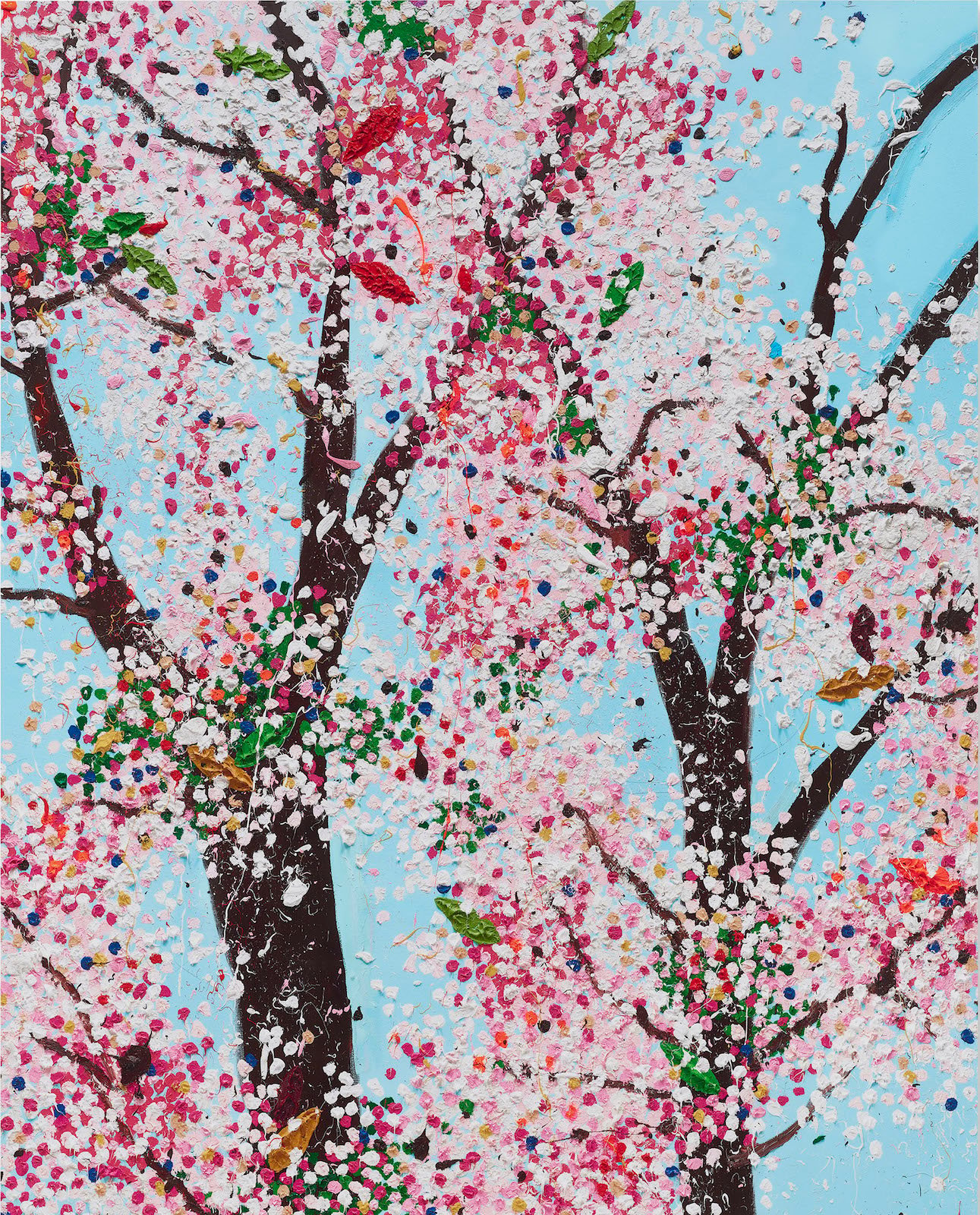
Damien Hirst is jumping on the digital-art bandwagon by making his own NFTs (or non-fungible tokens) and a cryptocurrency.
“It is the most exciting project I have ever worked on by far,” Hirst says in a statement, adding that he’s been working on the project in secret for five years, and that it’s been “blowing my mind.” The NFTs belong to a new body of works he calls “The Currency.”
It consists of 10,000 original works on paper created five years ago and currently locked in a vault. They are “about to come to life,” says Hirst, “through their launch on the blockchain,” at which time they will exist as NFTs and a related cryptocurrency.
Hirst is testing the crypto waters by accepting cryptocurrency (in the form of Ether or Bitcoin) as payment for a new edition of laminated Giclée prints. Hirst racked up $22.4 million by selling 7,481 of the prints at $3,000 each to about 4,000 buyers in 67 countries. The editions were available for six days, ending March 3, and however many prints had sold determined the number of the editions, so they ended up in odd numbers, from 693 to 1,549.
The eight prints are each titled after one of the eight virtues of Bushidō, the code of the samurai, such as courage, loyalty, and mercy. (There were many varieties, and this one conforms to the one developed by Japanese author Nitobe Inazō.)
The prints were published with Heni Leviathan, which has produced limited-edition prints by artists including Etel Adnan, Francis Bacon, and Arthur Jafa in formats including photographs, tapestries, and stained glass.
Heni offered buyers the opportunity to store the works in its own storage space in the UK, so that they, as art that’s bought as an investment so often does, will go straight to the vault. In this case, the works will have been virtually unseen by human eyes. This all presumably somehow aligns with Hirst’s professed interest in “[challenging] the concept of value through money and art.”